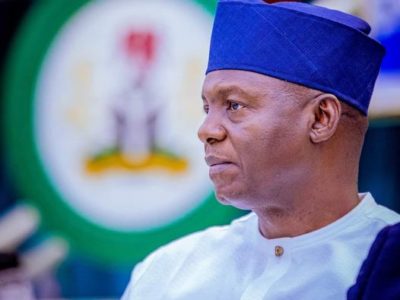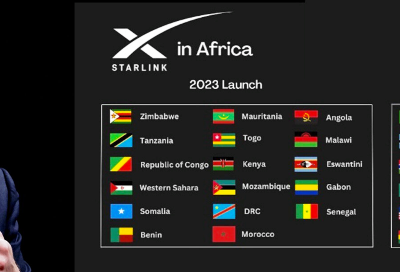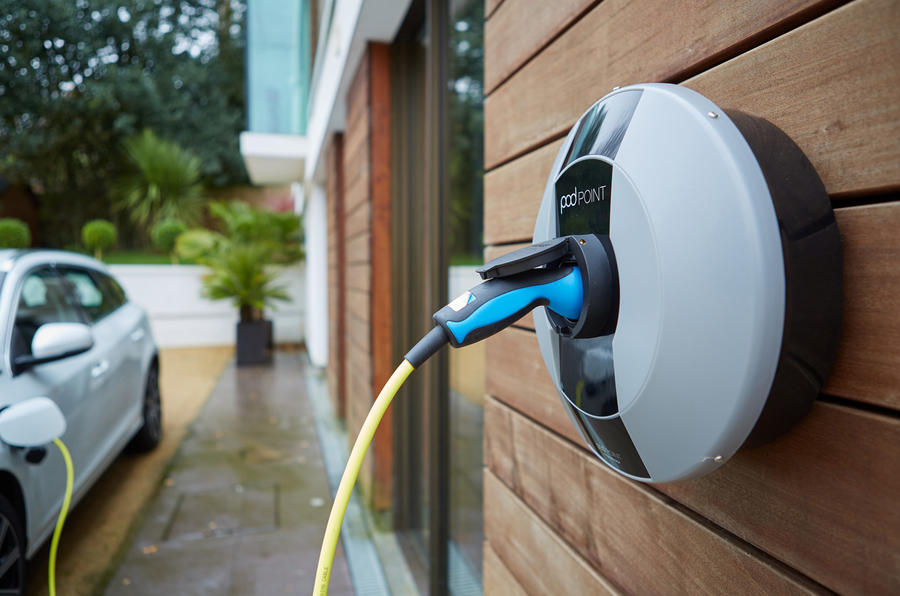Matters eRising with Olusegun Oruame, Lagos
From 29th November to 1st December, 2023 the Angel Fair Africa (AFA) will be marking its 10th Anniversary in East London, South Africa. A primal signifier of the expanding culture of angel investment in Africa, AFA’s 10th anniversary will mark one of the most significant events on the continent that has impacted on the startup ecosystem.
RELATED: Move over Asia, Africa is next big deal for innovation and economic growth – Osiakwan
For the founders of AFA, it has been “ten years of going around Africa igniting angel investments with about $100 million of deals done through our events,” to quote Eric Osiakwan, serial ‘techpreneur’, investor and co-founder of AFA.
Osiakwan is one of Africa’s sturdiest voices on investment and tech-entrepreneurship; and managing partner at Chanzo Capital.
AFA is become part of Africa’s pathways to attracting angel investors into the continent’s startups ecosystem. It wields that all symbolic and factual impact on the rapid growth of the entrepreneurship ecosystem whether in terms of the quantum leap in funding and the staggering number of tech & innovation startups that have emerged in the last 10 years. To list the challenges and success stories of Africa’s startups including the rise of its unicorns is to tell the story of AFA and relay the growth of angel investment.
ALSO READ: 10th Angel Fair Africa – my unconventional path to Angel Investing
What has AFA changed? The response is its own simple claim on its Twitter handle: “Angel Fair Africa brings together emerging businesses from across Africa and Investors to DO DEALS!”
Indigenous entrepreneurs whether in Cameroon, Botswana, or Uganda lack institutional support from home governments. The ordeal is the same for their counterparts in countries you may want to tout as being more ‘investors-exposed’ such as South Africa, Ivory Coast, Nigeria, Kenya and Ghana. All of them had one in a thousand chance of benefiting from any offshore framework for financial and human capitals as well as valuable networks that could position them to drive development. And there has always been that persistent need to change the narrative.
Early daylight dreams
When Osiakwan and company decided on their journey to provide a framework that could hunt for angel investors a decade ago on behalf of the continent’s starry-eyed young innovators, the Africa’s startup ecosystem, now an exciting business portfolio valued in excess of $6.5 billion, was already having its early daylight dreams.
“On 26th September 2013, the Angel Africa List gave birth to Angel Fair Africa at the Sandton Convention Centre, where 25 entrepreneurs pitched to a room of 42 investors with three deals happening on the spot,” Osiakwan will say in one of his write-ups.
“AfA has since traveled the continent of Africa making stops at Nigeria in 2014, Ghana in 2015, Kenya in 2016, Cote d’Ivoire in 2017, Tanzania in 2018, Mozambique in 2019 and due to COVID virtually in Senegal in 2020. The event is back in East London, South Africa from November 29th to December 1st, 2023 for its 10th anniversary, so I encourage you to mark your calendar for what would be the best in-class celebration of the “Triumph of Entrepreneurship in Africa”.
By 2017, seven years into its journey, AFA had concluded $23 million of Angel Fair Africa deals. It had significantly helped to raise external financing for startups and to deepen startup financing deals to become a regular investment lexicon on the continent. All of this would be happening nearly four decades, 1978 precisely when William Wetzel, “a then-professor at the University of New Hampshire and founder of its Center 4 Venture Research, completed a pioneering study on how entrepreneurs raised seed capital in the US. He began using the term “angel” to describe the investors who supported them.”
AFA: Footprints across Africa
AFA’s footprints are spread across the continent. From first mentoring and investing in “Hubtel (then SMSGH)…. I have since mentored and invested in tech ventures like Finaccess and HotelOnline in Kenya, Digitech in Ivory Coast, NestSquare in Nigeria, eCampus, Farmerline, OZE and Forhey in Ghana, Mavoni and Zulzi in South Africa, just to mention a few,” notes Osiakwan.
Perhaps, the most profound achievement of AFA is not just helping Africa startups to do ‘deals’ but helping to raise crucial global awareness on the connecting points between angel investors and the untapped high-potential, innovative African ventures. Because the dots are now connecting even better, funding and angel investing are on an upward swing across the continent targeting the ever-growing startup community.
Hear Osiakwan: “As Chanzo Capital, we started AfA to enable deals by spotlighting and growing the COMMUNITY of entrepreneurs and investors across the continent through CAPACITY building and the provision of CAPITAL – these are the 3Cs of success that we provide as a firm. We have invested in 16 tech ventures so far some through the event with 4 being profitable, 4 at break even, 4 at early revenue and 4 strike outs. Our track record is therefore a 4×4.”
Whole new horizon for angel investing
There is growing interest for investments in the startup ecosystem deemed as the continent’s next crude oil or goldmine. Investors are no longer solely focused on the goldmines of Johannesburg (South Africa) or the oil wells of Port Harcourt (Nigeria). They have their sight on new innovative tech businesses straddling the finance (fintech), online retail (e-commerce), and a host of several sectors that include the agriculture and healthcare industries.
It is a whole new horizon for angel investing that is spurring adoption of new and emerging technologies as well as the transformation of people across demographics and cultures. One glaring fact is that African economies have been altered for good in the decade that AFA emerged on the scene. There has been an increased sense of innovativeness at resolving some of the continent’s problems now turned to profitable challenges; business competitiveness to build sustainable enterprises; new careers and employments inconceivable a decade ago.
Whether on the streets of Nairobi, Accra, Cape Town, Abidjan or Lagos, being among Africa’s very young and vibrant demography of 16 – 32 years expose you to opportunities from AFA and the likes. These opportunities are just beginning to happen. Why not! “Africa’s population as a whole is very young, with 60% of the entire continent aged below 25, making it the youngest continent in the world, in relation to its population makeup. All of the world’s top 10 youngest countries by median age are in Africa.
































